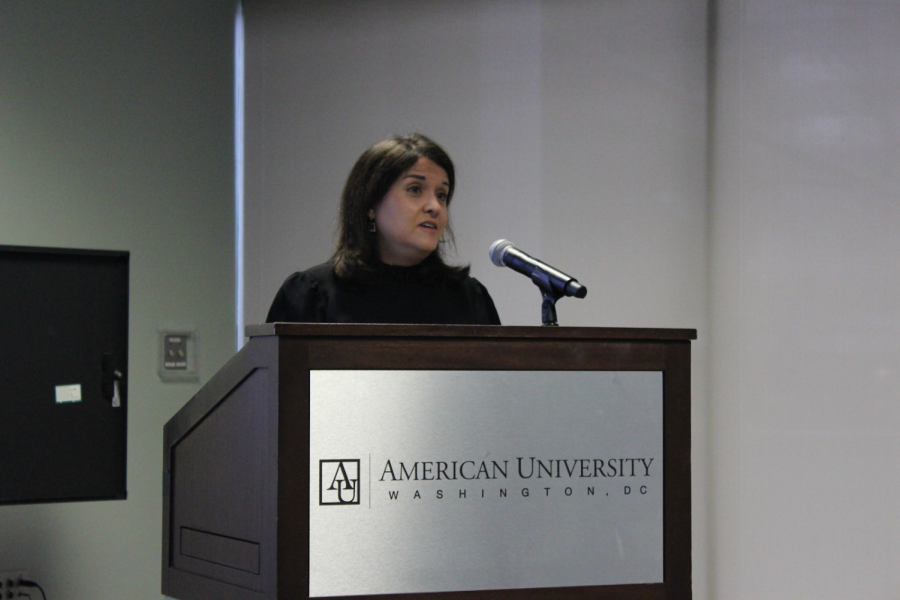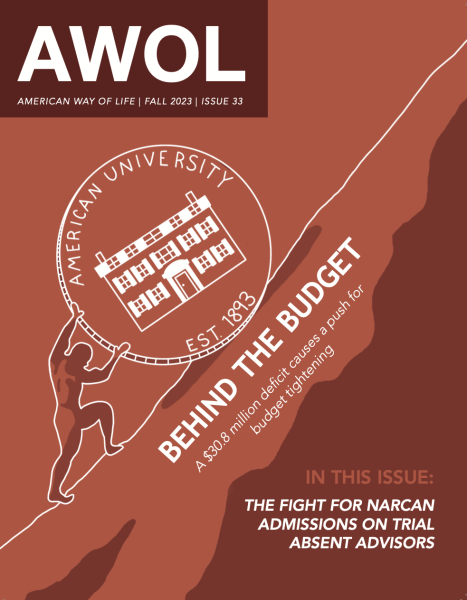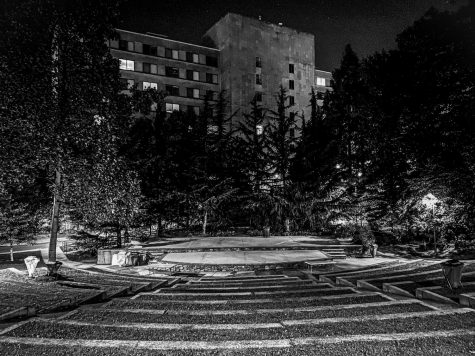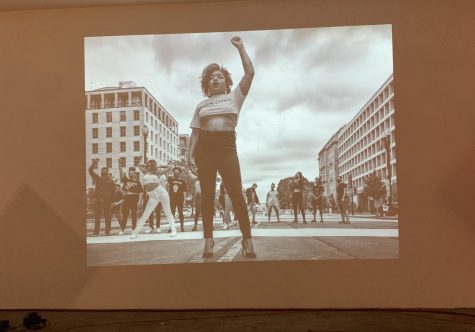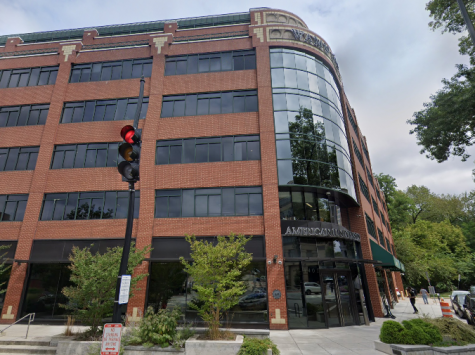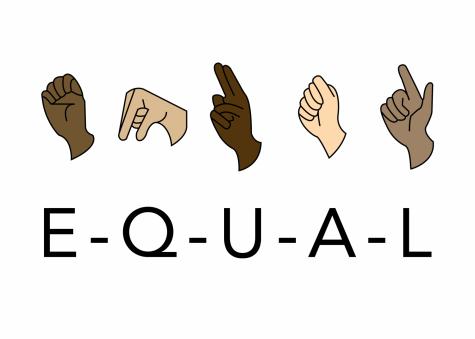American University library hosts “Reparations for slavery: History and ongoing debates” event, featuring Dr. Ana Lucio Araujo
Dr. Ana Lucio Araujo presents on the history of reparations before taking questions from the audience.
Dr. Ana Lucio Araujo: author, historian and professor at Howard University, spoke to attendees from the American University community Feb. 6 about the ongoing debates and historical significance of reparations for slavery.
The event was part of the “Exploring Social Justice” series hosted by the American University Library and co-sponsored by the Kay Spiritual Center and the Center for Diversity and Inclusion.
The series brings different leaders to campus who advocate for human rights causes. Speakers discuss important issues related to social justice, as Araujo did on Thursday by giving a platform to reparations for the damage done by slavery in the Americas during her presentation at the AU Library.
“With discussions like this, I have found as a student at AU that there’s not much,” said Sierra Solomon, a graduate student in the Public History program at American University.
Solomon is the Library Programming Coordinator and brought together speakers for the Social Justice series. She had attended a lecture by Araujo before, and thought that bringing her as a speaker would help educate the AU community about the significance of both slavery and reparations.
“I was thinking, how can we make this series more dynamic and diverse in these conversations,” Solomon said. “I knew that she had a very interesting lens on it, because a lot of times reparations are discussed in a financial way and not a historical way.”
Much of Araujo’s discussion was based on teaching the audience the long historical background of reparations, and that the conversation itself is not new.
The issue recently came to the public’s attention when author Ta-Nehisi Coates published his article in The Atlantic, “The Case for Reparations.” In his article, Coates argued in favor of reparations for the trauma caused by slavery and racism to black Americans.
The debates surrounding some form of repayment; whether material, institutional, or symbolic, for the traumatic effects of the transatlantic slave trade have been circulating for years. Araujo’s goal for much of her work and the lectures she gives is to trace this history, so people can understand the current climate along with the significance of reparations.
“I want people to be aware that the history of demands for reparations is a long history that didn’t start in 2014 or with Ta-Nehisi Coates’ article. It started indeed several decades ago,” said Araujo. “Perhaps I would like the event to help contribute to fostering the conversation about this issue.”
Towards the end of Araujo’s lecture, an opportunity opened up for the audience to ask questions. Several members mentioned pessimism towards the future of reparations, but Araujo sees the debates moving forward, even if they’re difficult to predict.
“There are more people now who favor at least some kind of reparations, even if, of course, it is unclear how,” Araujo said. “It is a very complex issue.”
Araujo cited a recent example of reparations, where students at Georgetown University voted to create a fund to benefit the descendants of slaves that built the institution. Although plans to execute the fund have not come without controversy, examples like Georgetown point to some momentum in discussing reparations for slavery in both North and South America.
Araujo also mentioned the significance of the debates surrounding reparations in the context of the United States 2020 presidential election.
The election could explain a current spark in the conversation, but she warned attendees to be aware of how politicians could be using the issue for personal momentum. Specifically, she said candidates could possibly appropriate the complicated history behind reparations and use the issue to simply win votes.
“I think that the danger is that you … have this appropriated by people who are simply using even the word reparations to perhaps purchase votes during election time,” Araujo said. “You have to pay attention to that.”


